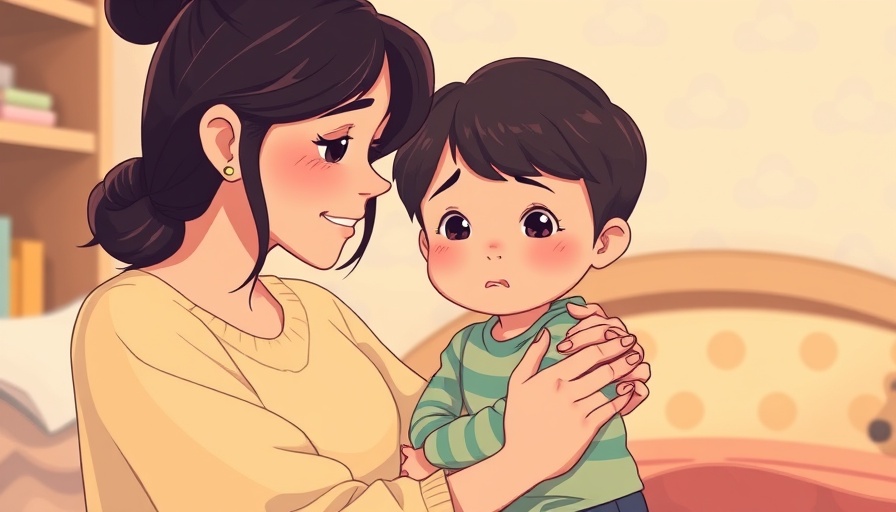
Unraveling the Good Girl / Good Boy Wound
In a world where our worth is often measured by our ability to please others, many of us unknowingly carry the Good Girl / Good Boy Wound. This internal conditioning shapes our identities, urging us to mold ourselves into the expectations set by family, friends, and society. From an early age, girls are taught to be compliant, and boys are encouraged to be assertive. This creates a societal narrative centered on performing for approval rather than embracing our authentic selves.
Reclaiming Your Identity Beyond Expectations
Many people, like myself, have lived for years striving to meet external demands, believing it would lead to acceptance and love. Yet, this quest can leave us disillusioned. I have often found myself prioritizing others’ needs over my own, feeling like a resource rather than a person. This pattern not only strips us of our vitality but draws us into the exhausting realm of self-neglect.
Breaking Free from Over-Giving
It took significant introspection to confront the fears interwoven with my over-giving. Questions swirled: Would I remain loved and valued if I stopped going above and beyond? It was daunting, but realizing it was possible to receive love unconditionally began the process of reclaiming my power. Moving beyond the Superwoman complex, I discovered the importance of setting boundaries and understanding that self-care is essential for healthy relationships.
Empowering Yourself Through Sovereignty
Embracing my sovereign power has been transformative. Healing doesn’t mean withdrawing kindness; rather, it’s about giving from a place of abundance. Self-improvement thrives when we nurture our core essence and embrace our true selves. The road to authentic living isn’t about proving worth through achievement, but rather valuing ourselves for who we are at our core.
Actionable Steps Toward Self-Growth
Are you ready to prioritize self-development? Here are practical insights to guide you:
- Set Boundaries: Determine what you can give without depleting yourself.
- Practice Saying No: Understand that declining requests doesn’t make you selfish.
- Prioritize Self-Care: Engage in activities that rejuvenate you, embracing your worth beyond external validation.
The Lasting Impact of Authentic Living
Realizing that our worth isn’t tied to others’ happiness can be liberating. This shift allows us to not only be happier ourselves but also fosters healthier relationships with those around us. When we demonstrate authentic living, we invite others to do the same, creating ripples of self-acceptance and genuine connections.
In your journey toward self-discovery and personal growth, remember that self-improvement isn't just a destination; it’s a continuous path. By acknowledging the conditioning that has shaped us and working to break free, we cultivate a life that is fulfilling and true to our selves, no longer defined by the expectations of others.
 Add Row
Add Row  Add
Add 




Write A Comment